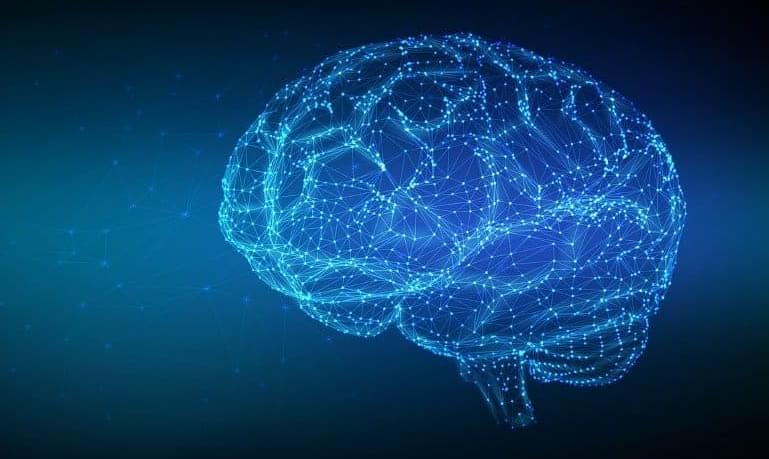Mar 27, 2023
How can Europe tackle its unfinished tuberculosis business?
Posted by Shubham Ghosh Roy in categories: biotech/medical, business, economics
In 2015, European countries formulated the Sustainable Development Goals (SDG), which aimed to end TB by 2030. However, in September 2018, global leaders at the first United Nations (UN) General Assembly High-Level Meeting on the Fight Against TB agreed on an ambitious target of eradicating TB by 2022. They strategized that increased access to TB treatment and preventive measures would help achieve their goal quickly. Another measure adopted to progress the TB eradication goal was increasing the funds related to TB research and services.
An uneven progress regarding TB eradication by 2030 was observed in some European regions by the World Health Organization (WHO). Although the majority of Western European countries were on track for TB elimination, Eastern European and Central Asian countries reported a high number of incidences of drug-resistant (DR) TB.
In the European Union/European Economic Area (EU/EEA), TB prevalence is low. Based on the TB surveillance conducted in Europe, out of 30 countries, 24 reported less than 10 TB cases per 100,000 population in 2021. These countries have been encouraged to maintain this low rate and attain the pre-elimination phase of less than 10 TB cases per million population per year. A recent Eurosurveillance journal editorial discussed the progress in the EU/EEA, between 2018 and 2021, towards achieving the 2030 targets for TB elimination.


















